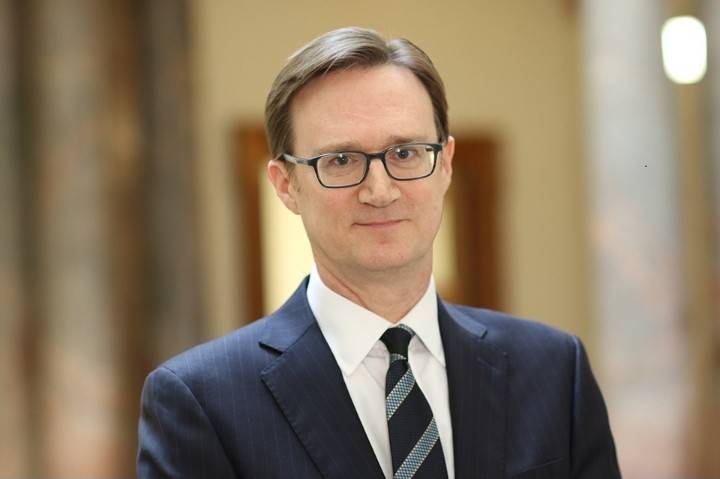
Richard Montgomery, the British High Commissioner to Nigeria, explained that the UK's decision to prohibit international students from bringing their family members with them from 2024 onwards is aimed at regulating migration and preventing excessive strain on the country's housing infrastructure.
In a discussion with State House Correspondents following a private meeting with Vice President Kashim Shettima at the Presidential Villa in Abuja, Montgomery highlighted that an increasing number of students seek to bring their dependents along. However, due to limitations in housing and services available to accommodate the existing student population, managing migration into and out of the UK becomes necessary.
The meeting held on Wednesday took place one month after the recently appointed British diplomat to Nigeria presented his letters of Credence to former President Muhammadu Buhari on May 18.
On May 23, the UK Home Office announced that international students, including Nigerians, would no longer have the option to bring their family members with them beginning in January 2024.
Additionally, the UK Home Office declared that international students would be prohibited from transitioning from a student visa to a work visa until they have successfully completed their studies.
The decision has evoked diverse responses from international students, educational institutions, and certain British legislators. Some have expressed concerns, contending that this regulation may exacerbate labor shortages in vital sectors like healthcare and potentially jeopardize the country's reputation as a leading global hub for international talent.
It was also declared that international students would be prohibited from transitioning from a student visa to a work visa until they have completed their studies.
Montgomery disclosed that the number of Nigerian students arriving in the UK has surged by five times in the past three years, while constituting 10 percent of the total UK visas issued each year.
"The topic was not discussed during the meeting with the Vice President. However, I would like to provide a broader perspective on the ongoing media discussion. For instance, in the previous year (2022), the UK issued a total of three million new visas, out of which 325,000 were granted to Nigerians."
"We are aware of the challenging circumstances Nigeria is currently facing, such as inflation and unemployment.
The Vice President and I discussed potential measures to mitigate the impact of these economic pressures. However, it is crucial to emphasize that these reforms will not only assist Nigeria in achieving higher economic growth but also attract increased investments.
The United Kingdom, including the city of London, views Nigeria as a significant opportunity for the future. I am committed to playing my role in enhancing trade and investment to further strengthen this relationship," he stated.


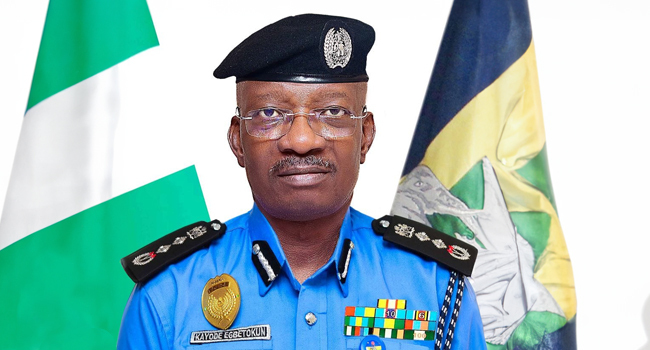


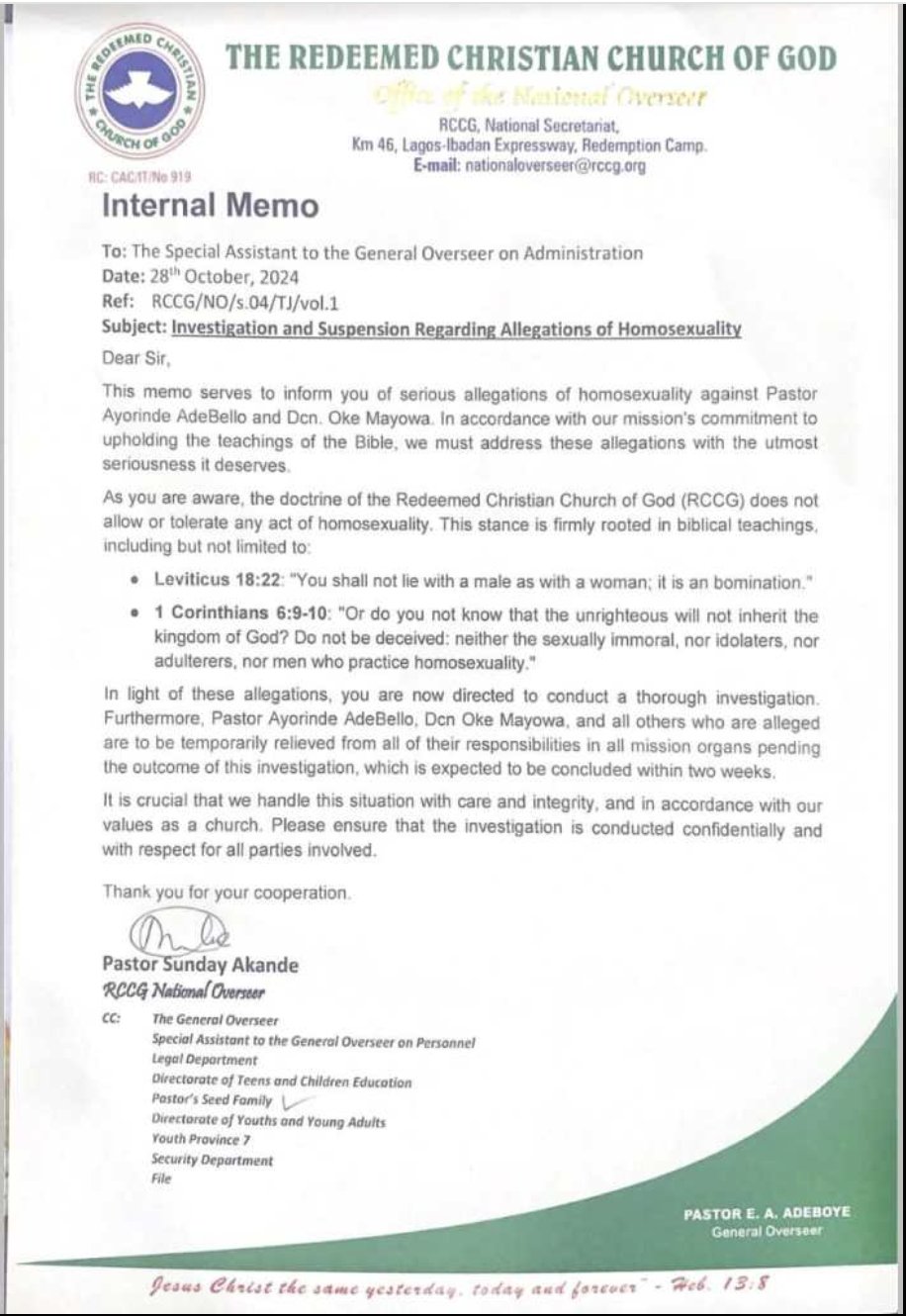
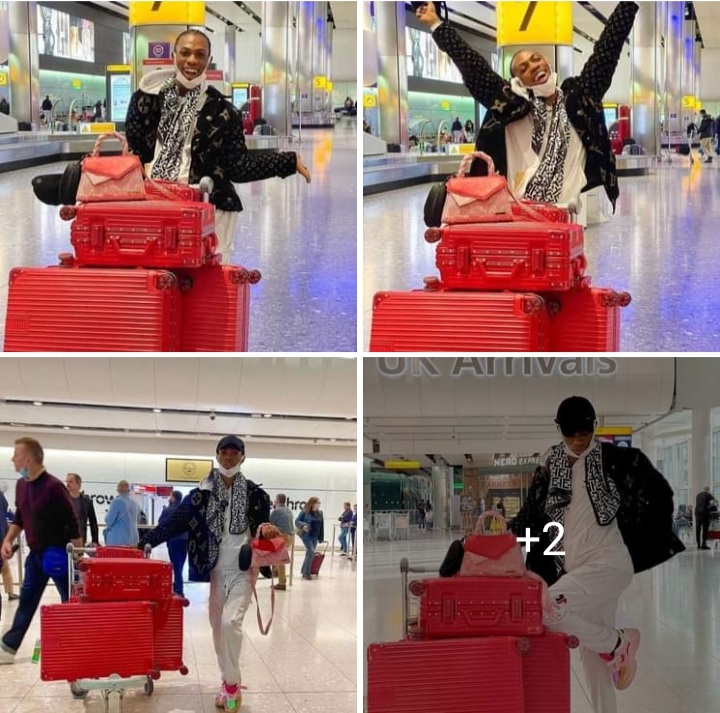

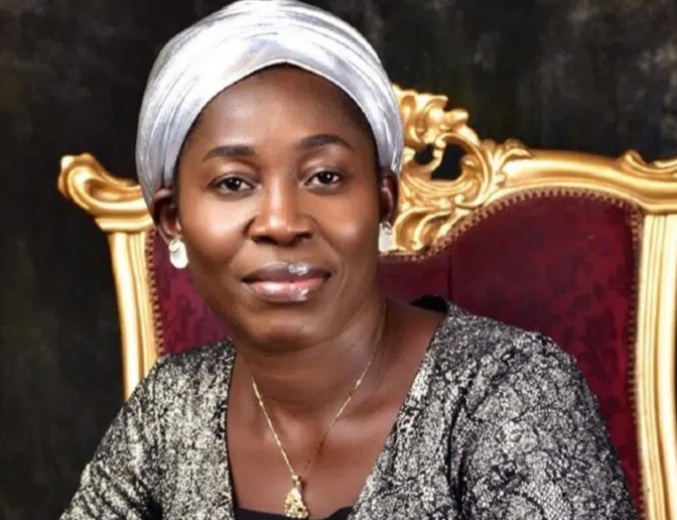
Leave a comment